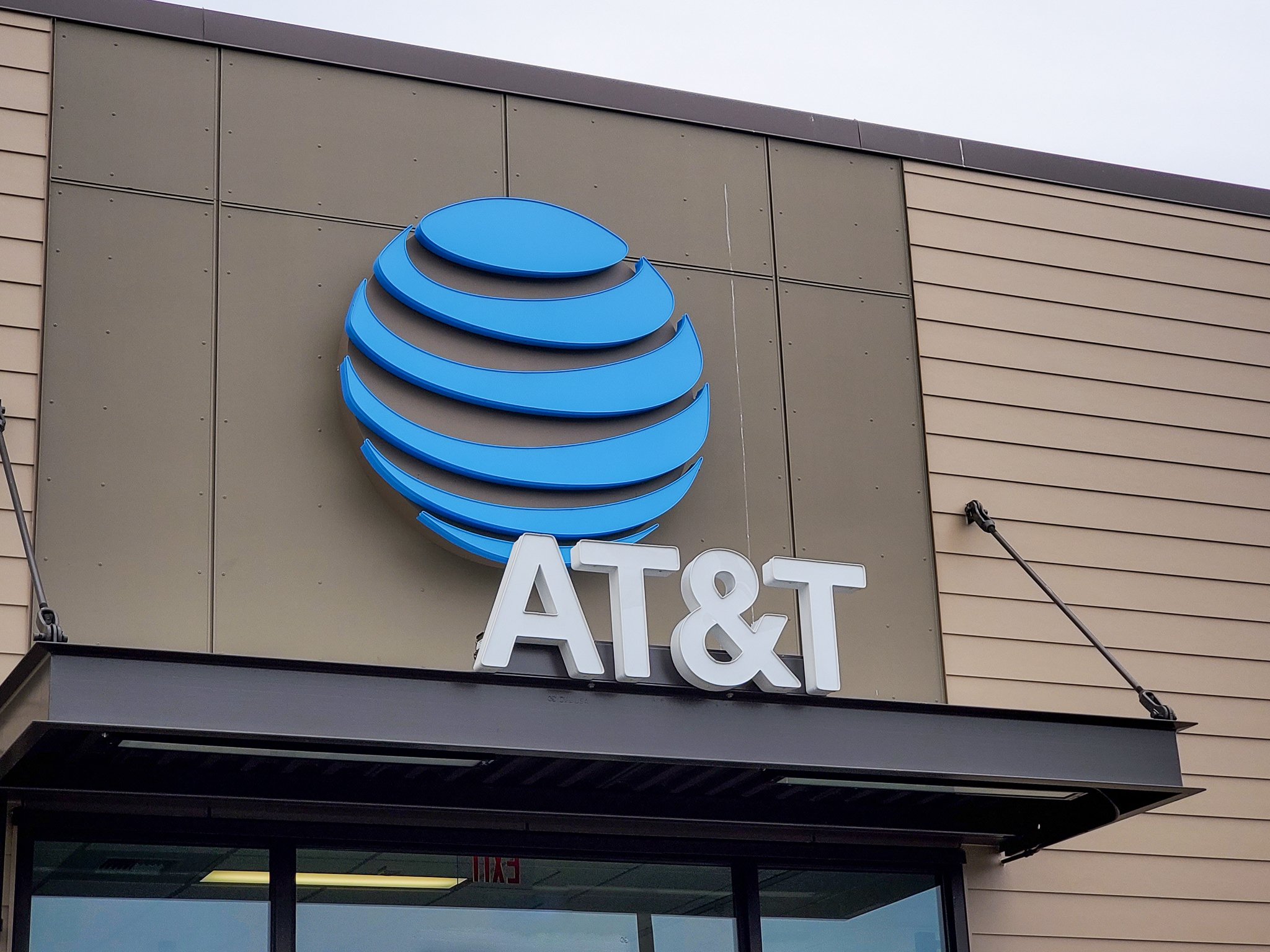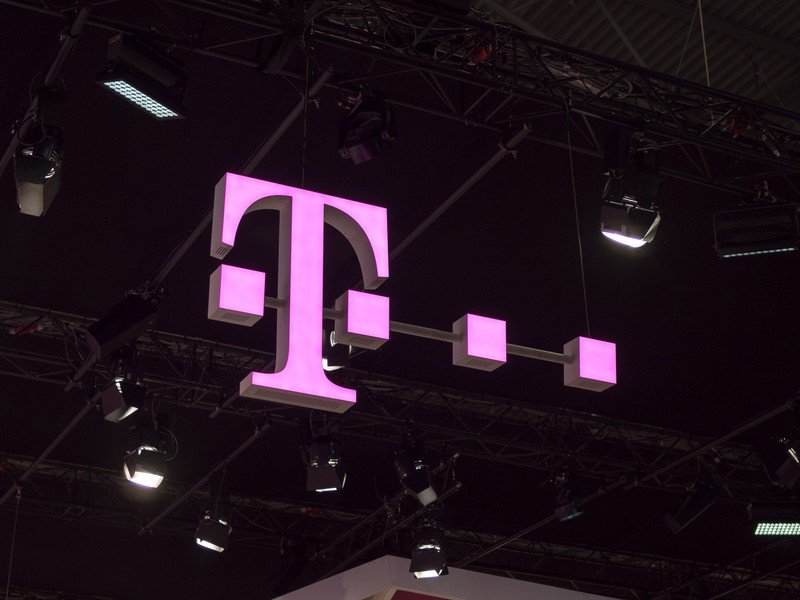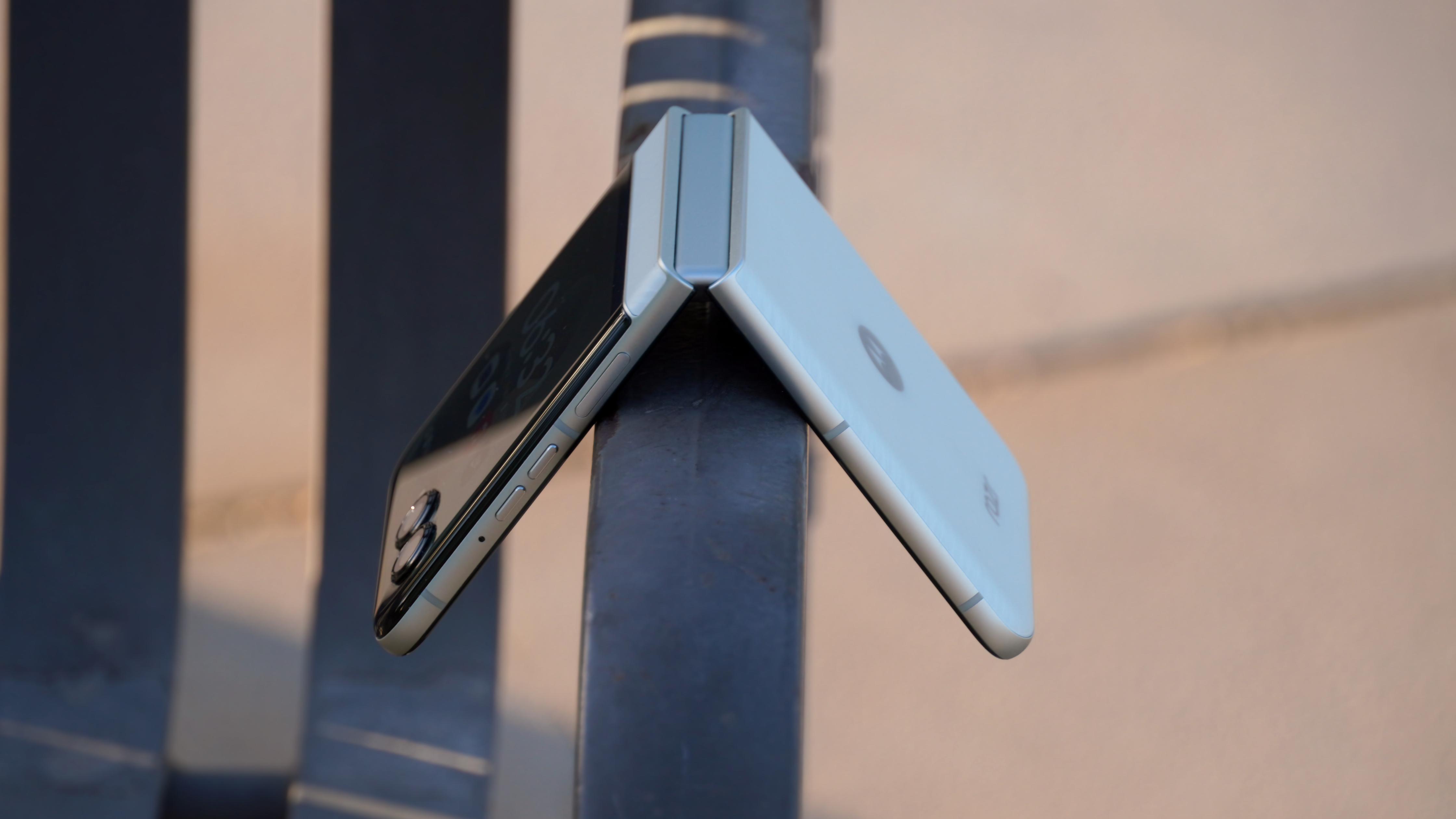From the Editor's Desk: Carriers are not your friends

For many years, before I joined Mobile Nations and started working at Android Central, I reported on the Canadian wireless industry for MobileSyrup. I was there during the transition from 3G to 4G throughout 2011 and 2012; a year later, I saw the ratification of the so-called Wireless Code of Conduct that essentially banned three-year contracts and made it more difficult for carriers to unilaterally change your phone plan or charge you onerous cancellation fees.
Much of the Wireless Code of Conduct, which you can read in full in its only-slightly-improved state in 2020, was based around the idea that things were better in the U.S., and that Canada should try its best to emulate what was happening in the much more dynamic and competitive market down south. It was premised on the idea that while a free and open market is ideal, the carriers should be at least moderately prevented from their own worst tendencies and that, if given the opportunity, they would preference their stockholders and their share price, over their customers.
Now this neither a new nor novel premise, especially in 2020 after the further consolidation of the U.S. carrier market from four big players to three, but the idea crossed my mind again this week after both AT&T and T-Mobile lurched into the next stage of the long and arduous process of shutting down their respective 3G networks so they can repurpose those airwaves for more modern and efficient 5G standards.
The move to shut down 3G networks has been a long time coming, and to anyone following the industry even remotely it shouldn't come as a shock that some 17 years after its introduction, and 12 years after its mainstreaming with the iPhone 3G, carriers would like to bring its storied legacy to a close. 3G made possible many of the smartphone features we take for granted today — streaming audio, photo sharing, dynamic and rich mobile websites, and the earliest of choppy video streaming — that LTE would later cement as quotidian parts of our daily lives. 3G also digitized voice calls, and in some parts of the U.S. and the world, thanks to its robustness, is still the only way to get online.
AT&T could technically allow compatible phones to work with its VoLTE service, but it's choosing not to.
This week, Android Police got wind that AT&T has been sending email to customers whose phones are either incompatible with, or have not been whitelisted for, the carrier's VoLTE service, also known as Voice Over LTE, reminding them that they will need to upgrade their phones to continue making phone calls. What the email didn't specify was why it was happening — and there are a hosts of potential reasons — nor the timeline for this eventuality. The reality is much more nuanced: users have until early 2022 to upgrade, and many of the phones deemed incompatible with AT&T's VoLTE service are merely not whitelisted. In other words, AT&T could do the right thing and make those phones work past 2022, but it's choosing not to.
Carriers often remark that the decisions they make around enabling features on phones, such as whitelisting devices for VoLTE or Wi-Fi Calling or Visual Voicemail or any number of minor enhancements, are done in the best interests of their customers. If I go to Amazon and buy a random unlocked phone that the seller deems compatible with AT&T's network, the carrier can't guarantee proper functionality because that particular model didn't go through the same rigorous network and software testing as a device it sells. And that's a fair point — not everyone is a techy who understands how particular features work, but many are bargain hunters who want to save a bit of money on their next phone, or don't want to be forced to upgrade their legacy plans by purchasing a device through official channels.
People buy unlocked phones for a variety of reasons, and avoiding carrier bloatware is one of them.
But if you've ever purchased an Android phone from AT&T or any other major U.S. carrier you know the other side of the story: that the carrier asserts a lot of influence over your experience through the software it preloads. When my colleague Andrew Martonik reviewed the AT&T variant of the LG V60, he remarked at the absurd amount of bloatware that comes pre-installed:
Get the latest news from Android Central, your trusted companion in the world of Android
And I have to mention what AT&T has done to this phone's software, because LG isn't selling the phone unlocked here in the U.S. — only through Verizon, AT&T and T-Mobile. AT&T pre-loads over two dozen apps, and includes another utility that pushes notifications and attempts to trick you into re-installing its apps and other app trails. It's just disgusting. My understanding is the T-Mobile model is far better in this respect.
T-Mobile may be better, but it's not perfect, and that's because every carrier has a vested interest in you using its software suite, whether it's the streaming service that comes pre-loaded, like AT&T Now or HBO Max, or the telephony components that promote proprietary security and privacy suites, such as the ones preloaded on T-Mobile and Verizon devices.
If you buy an unlocked Galaxy S20, for instance, the carriers can't assert the same amount of control over your experience, and tend to limit the available features as a result. For instance, because Samsung never went through the process of certifying the unlocked Galaxy S10e, a phone released in February 2019 and is still considered an "active" device in Samsung's lineup, AT&T refuses to let unlocked variants access its VoLTE service even though it is more than capable of doing so. Is that its prerogative? Sure, but it's still not consumer-friendly.
Just a day after the AT&T revelation came to light, Android Police was tipped of a similar move by T-Mobile with an even shorter timeframe. By January 2021, devices incompatible with T-Mobile's VoLTE service will not activate on the network at all, and the company will refuse to activate those devices starting August 4.

Now why is this happening, and why now? It's all about 5G, and about freeing up as much spectrum for the burgeoning standard as quickly as possible. Now that T-Mobile has shut down Sprint's 5G network and consolidated much of the infrastructure to form the New T-Mobile, it is priming itself to distinguish itself from AT&T and Verizon by flaunting its massive spectrum advantage.
It's already refarmed 2G spectrum to be used for LTE, and now it's doing the same with its 3G service. T-Mobile's current 5G network relies mostly on its low-band 600Mhz, which has limited bandwidth for high-speed use cases, along with Sprint's capacious 2.5Ghz windfall, which currently provides the best combination of speed and coverage nationwide. But it wants more, and early millimeter-wave deployments have proven largely fruitless in the hands of consumers.
AT&T has even more incentive to shut down its 3G network, as it's relying on only a small chunk of low-band 850Mhz spectrum for its consumer 5G network. As 5G devices proliferate throughout the country, keeping customers connected to those networks is going to be important to prove out the new standard's efficacy; right now, many 5G customers find themselves falling back to the more robust LTE towers that have been deployed for nearly a decade.
Ultimately, the 3G shutdown is going to be good for consumers. But carriers need to be transparent and generous with customers who still rely on it.
It's important to note that the move to shut down 3G is, in the long run, a good thing. Consumers will eventually benefit from having that same spectrum used by the much more efficient and flexible 5G standard. But the quiet and opaque way that carriers have communicated such a shutdown shows that there will be significant fallout and a long, clumsy transition period between now and then.
On the one hand, carriers are touting the inherent benefits of 5G in their marketing material, but without the real-world use cases to back it up, they're resorting to underhanded and devious ways of forcing customers to upgrade their phones.

Daniel Bader was a former Android Central Editor-in-Chief and Executive Editor for iMore and Windows Central.
